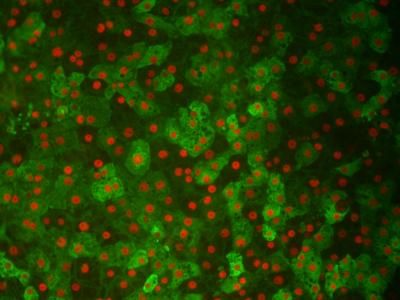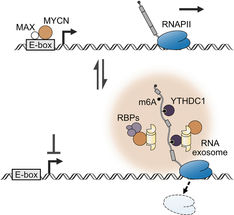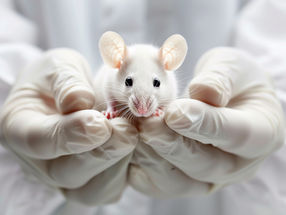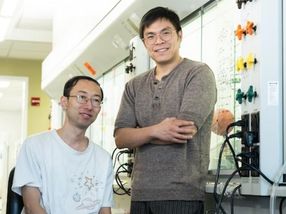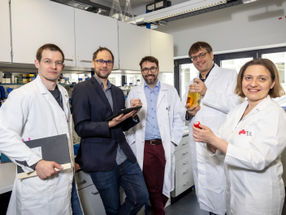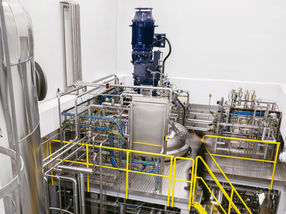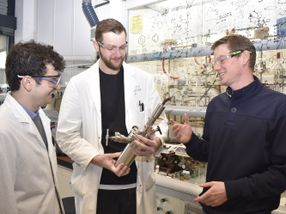Cornell launches Center for Comparative and Population Genomics
With advancements in science, technology and computers, private citizens can now swab cells from their cheeks and send them to labs to have their genomes analyzed for clues to their ancestry and their risk of developing inherited diseases.
But understanding genome variation - how genomes vary between organisms - also has far-reaching implications for the study of basic biology. These range from how evolution occurs to how genes interact with the environment to determine organisms' appearance and behavior. Applications encompass agricultural improvements, pharmaceutical discovery and production, and medical applications and diagnostics.
To highlight the growing importance of the study of genome variation and Cornell's expertise in the field, the university has launched the Cornell Center for Comparative and Population Genomics.
The center will unify Cornell's comparative and population genomics proficiency that is spread across some 15 departments in four colleges. Cornell's particular expertise lies in developing cutting-edge analytical methods to deepen understanding about biological function, evolutionary history, and medical and analytical diagnostics. These methods may be universally applied to study any organism - from humans, mice and insects to rice, yeast and microbes - which makes centralizing Cornell's leadership in these areas even more important.
"The new center strengthens the level of collaboration and communication across campus, and it strengthens access to our expertise," said Chip Aquadro, professor of molecular biology and genetics and a center co-director with Andrew Clark, also a professor of molecular biology and genetics. "This center has potential for significant impact across campus, and we take that responsibility very seriously."
Some of the center's key goals include fostering research among geneticists across many of Cornell's colleges as well as collaborations with other life, physical and social scientists on Cornell's Ithaca, New York City and Doha, Qatar, campuses; enhancing recruitment and retention of faculty to Cornell; attracting major new projects and grants; expanding analytical, computational and statistical resources needed for whole-genome analyses; and providing leadership in developing new education programs at all levels on campus.
Other news from the department science
Most read news
More news from our other portals
See the theme worlds for related content
Topic world Diagnostics
Diagnostics is at the heart of modern medicine and forms a crucial interface between research and patient care in the biotech and pharmaceutical industries. It not only enables early detection and monitoring of disease, but also plays a central role in individualized medicine by enabling targeted therapies based on an individual's genetic and molecular signature.

Topic world Diagnostics
Diagnostics is at the heart of modern medicine and forms a crucial interface between research and patient care in the biotech and pharmaceutical industries. It not only enables early detection and monitoring of disease, but also plays a central role in individualized medicine by enabling targeted therapies based on an individual's genetic and molecular signature.
